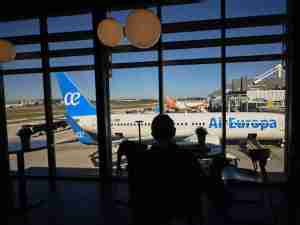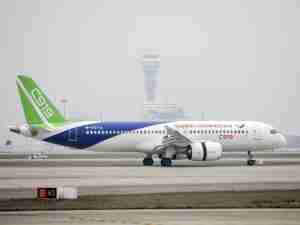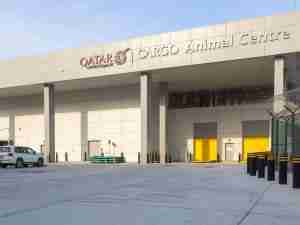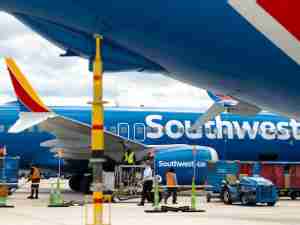Schiphol Cargo mini-conference opens the handling debate
posted by AJOT | Jun 25 2013 at 08:00 PM | Air Cargo | Liner Shipping
The round-table mini-conference organised by Schiphol Cargo at this year’s Air Cargo Europe, entitled “HANDLING PROCESSES: TIME FOR FRESH THINKING?”, is expected to mark the first step in opening a global debate about re-engineering the entire ground handling process on a global scale, to meet the many challenges facing the industry.
The event began with the premise that ground handling takes up a large proportion of total air cargo transit times, and that little has been achieved in speeding processes over several decades. Moderator Enno Osinga (Schiphol Cargo’s Senior VP) challenged those present to express their views about current problems and weaknesses in the sector, and how handling processes could be improved for the benefit of the entire industry and its users.
Participating in the lively debate that followed were representatives of handling agents, airports, road hauliers, logistics providers and IT specialists. Issues raised included the financial impact of over-competition at some airports, the frustrations of truckers whose vehicles are tied up for too long in delivering to, and collecting from, multiple transit sheds, and the legal and pricing issues arising from partial handling monopolies in some locations.
Speaking about the unpredictability of traffic flows, one delegate likened the air cargo handling sector to a hospital emergency room: “You never know what’s coming”, he said. It also became apparent that local issues are a major factor, as another delegate reminded the audience that truck movements are not allowed at weekends in Germany.
One speaker contentiously asked if the industry even needs handling agents today, saying that there is potential for a totally new business model. Another spoke of the continuing use of outmoded, paper-based practices in many parts of the handling sector.
Restriction of ramp access to fewer handlers and even a single, centralized facility for building and breaking ULDs at an airport, were seen by some as likely to provide greater efficiency; but others questioned how this could be achieved within Europe, where legislation favours ever more competition.
Speaking after the event, Enno Osinga said: “Handling is an important element of the air cargo supply chain, with potential to speed up or slow down processes. Yet nobody seems happy with the current situation globally.
“Airlines want better space utilization and reduced costs, forwarders and 3PLs seek value added opportunities, handling agents need to make investments in new technology but are held back by low margins, trucking companies want better vehicle utilization and faster turnrounds, and IT providers are struggling to create seamless information flows.”
He continued: “It’s not often the industry agrees on anything, but everyone at this conference seemed to feel that handling needs new thinking, and that this fundamental topic needs much more open and widespread debate.
“This is not about blame. We all need to work together to find solutions for everyone, and strengthen our industry’s role in global trade. It’s going to be a long journey, but this mini-conference was hopefully the first step in taking this debate to a wider audience.”











